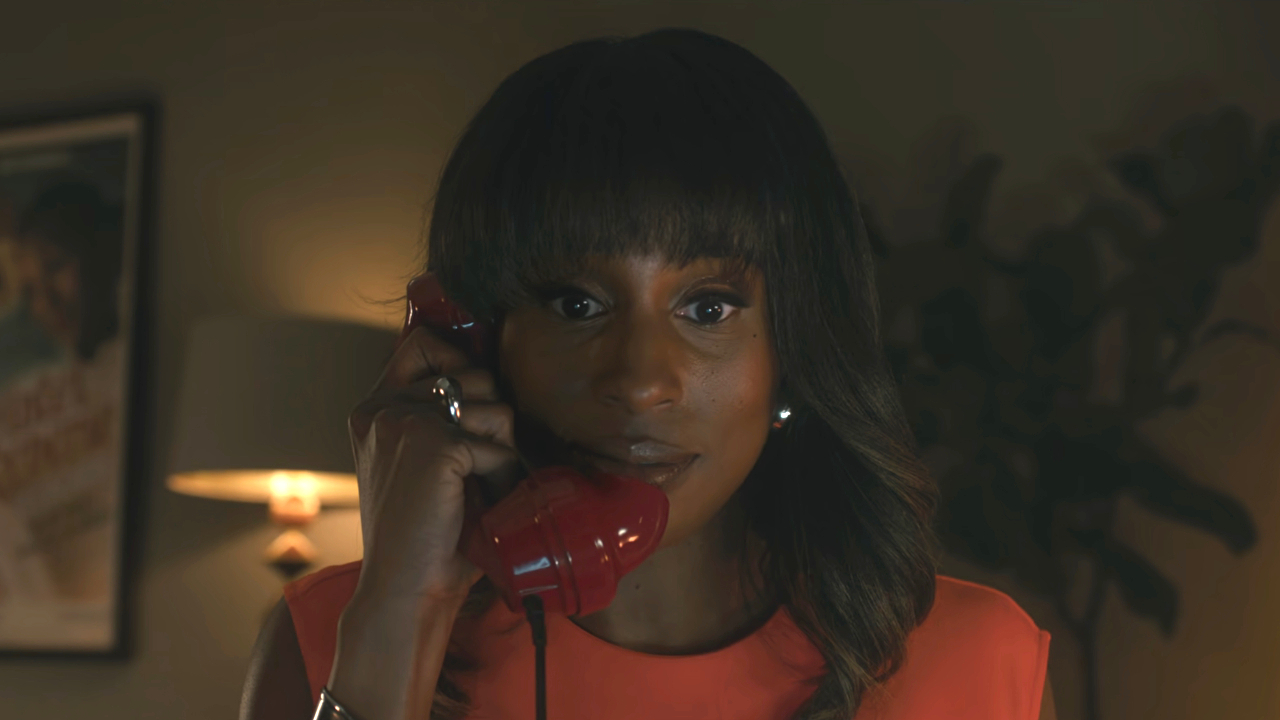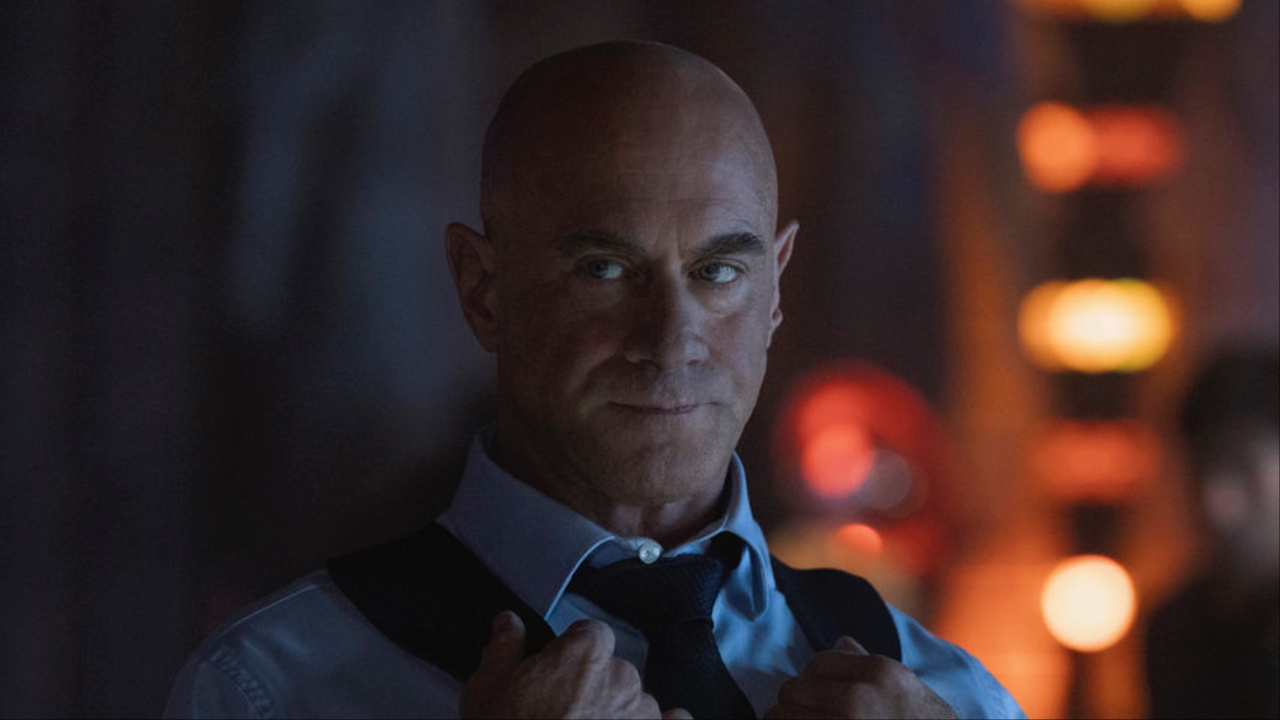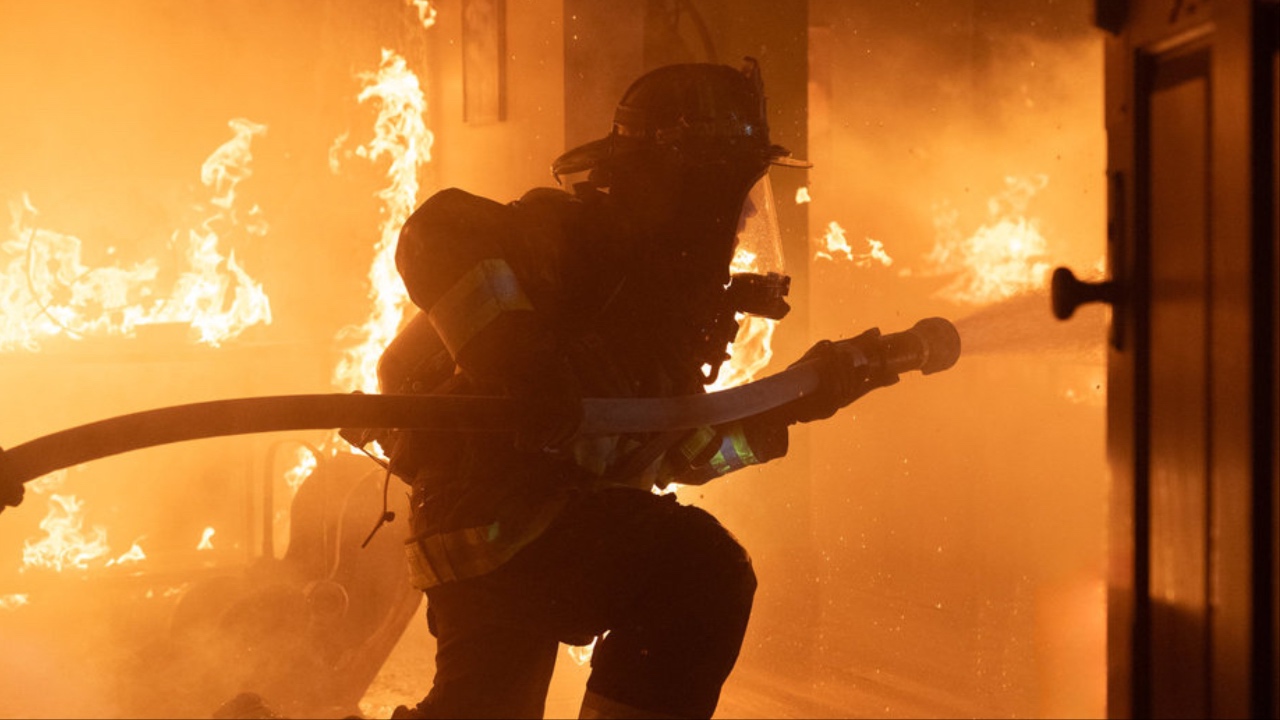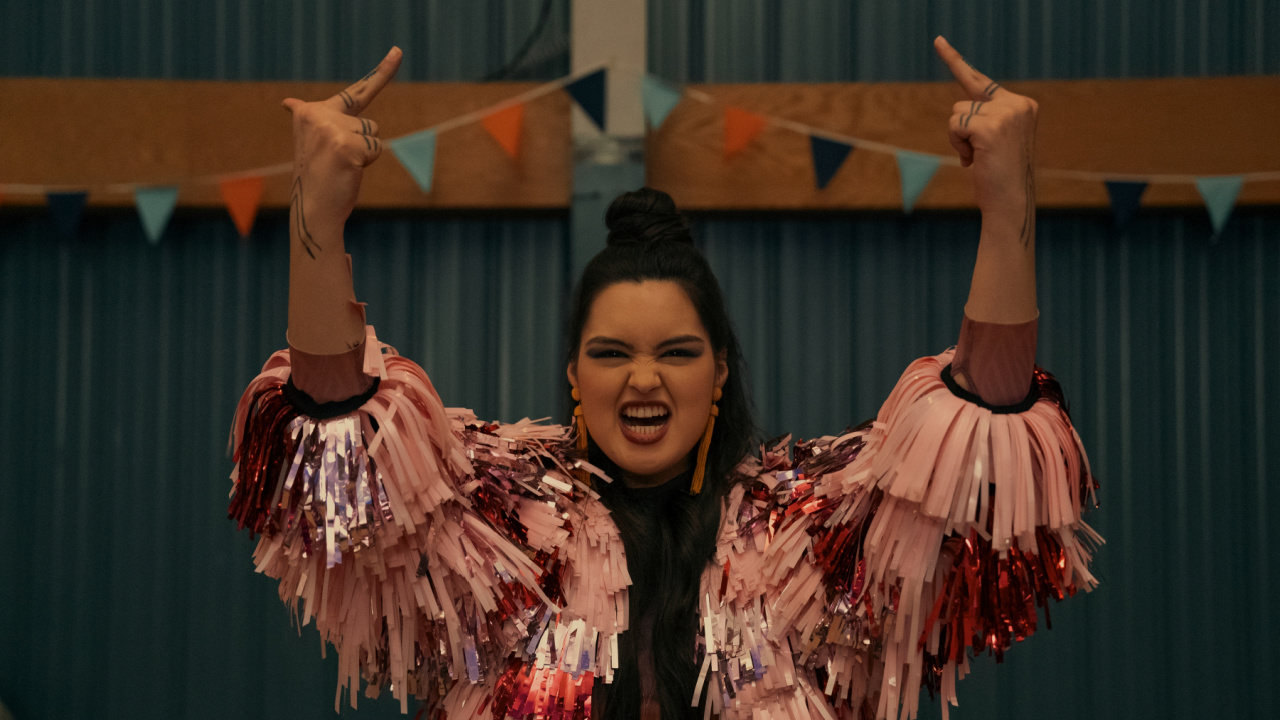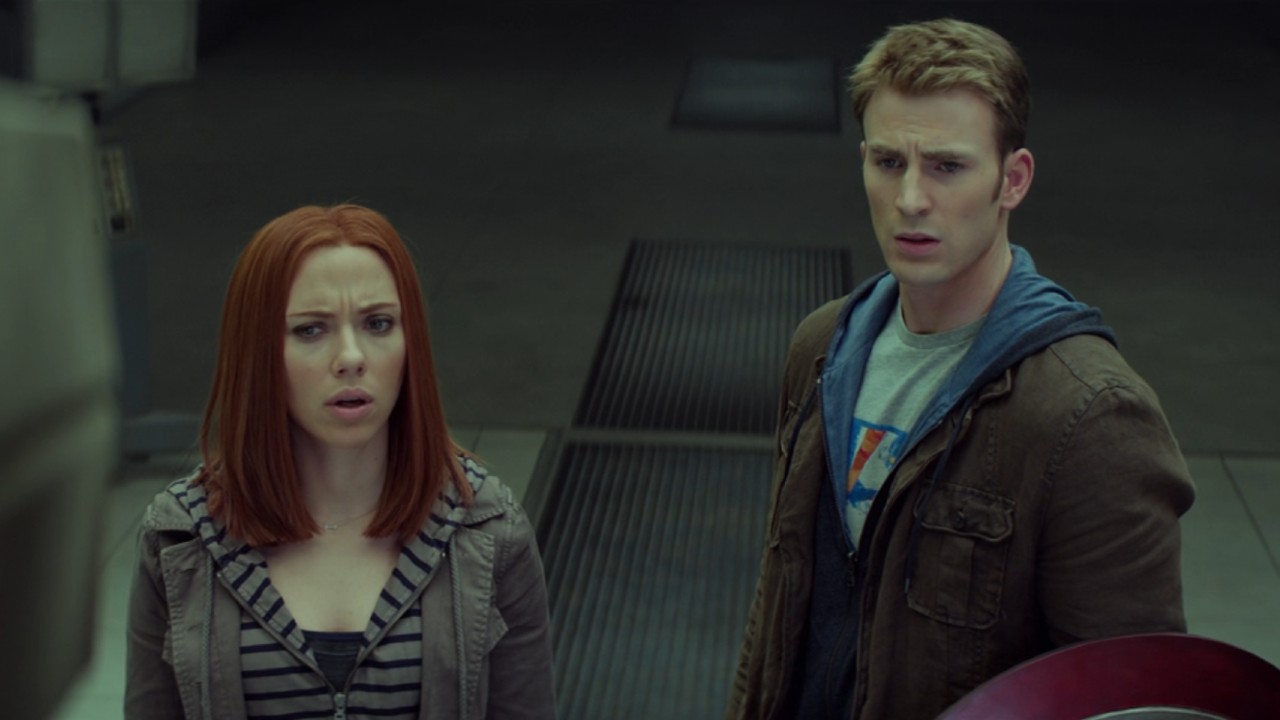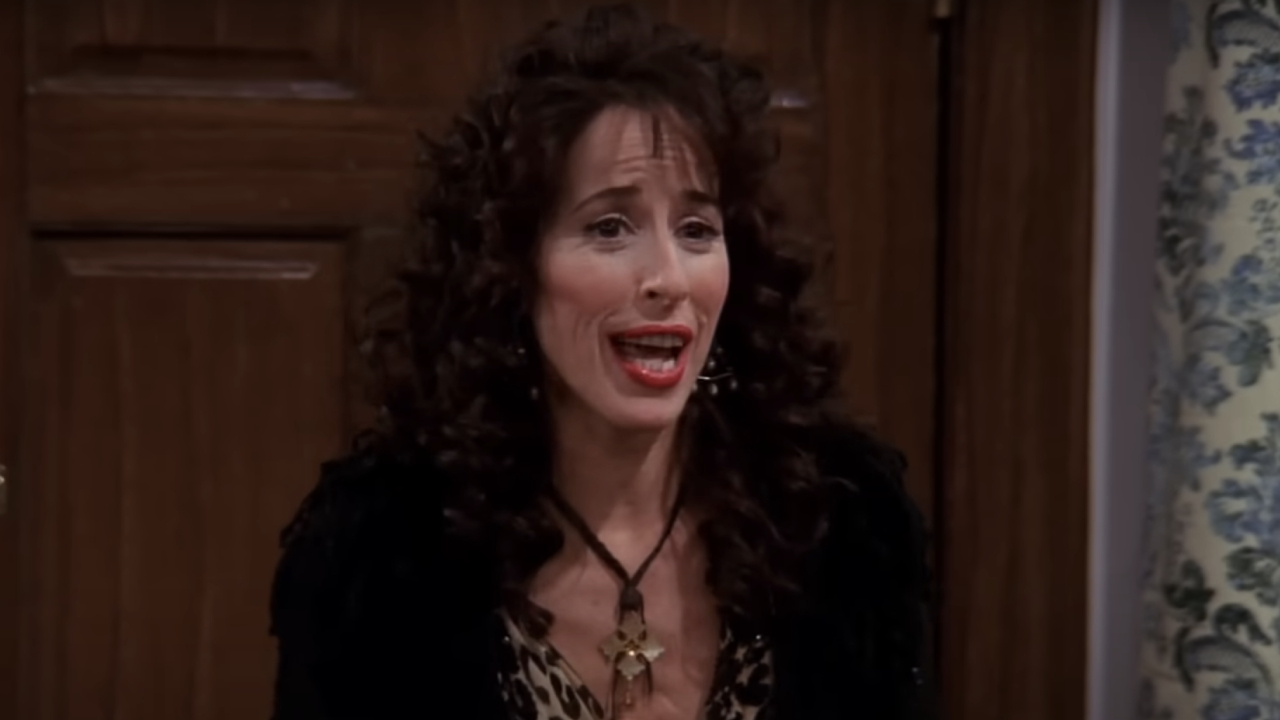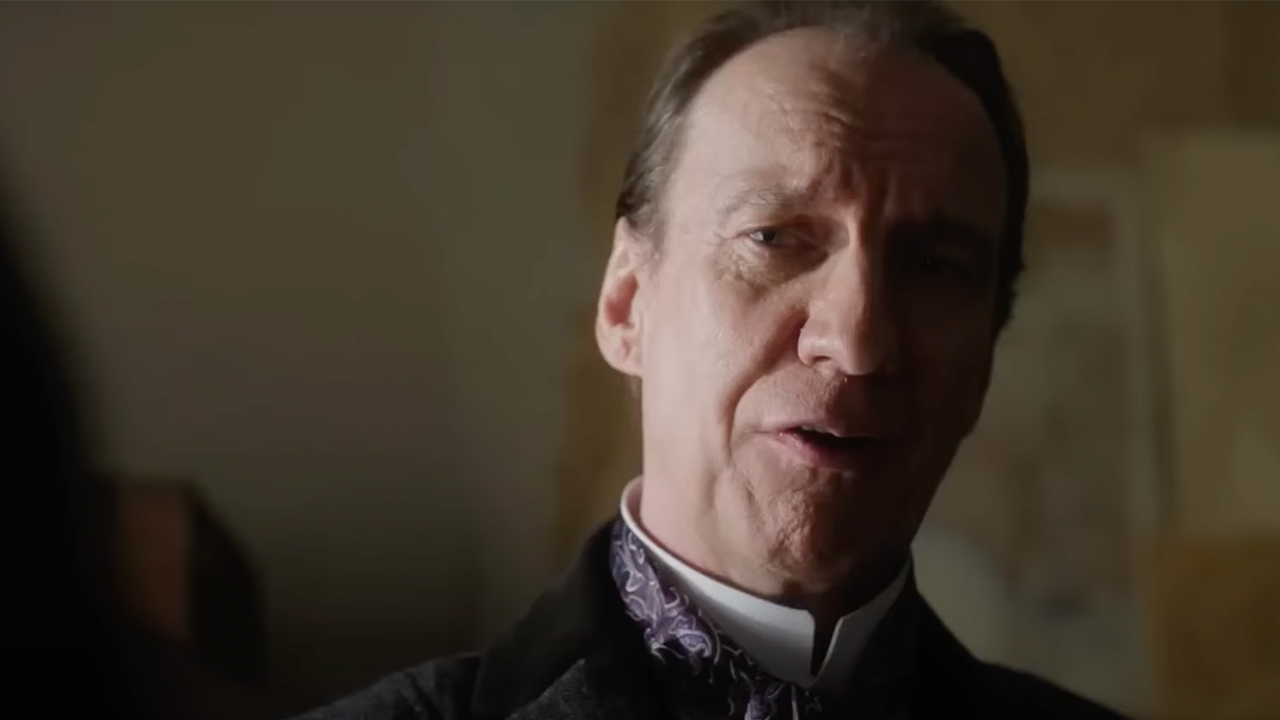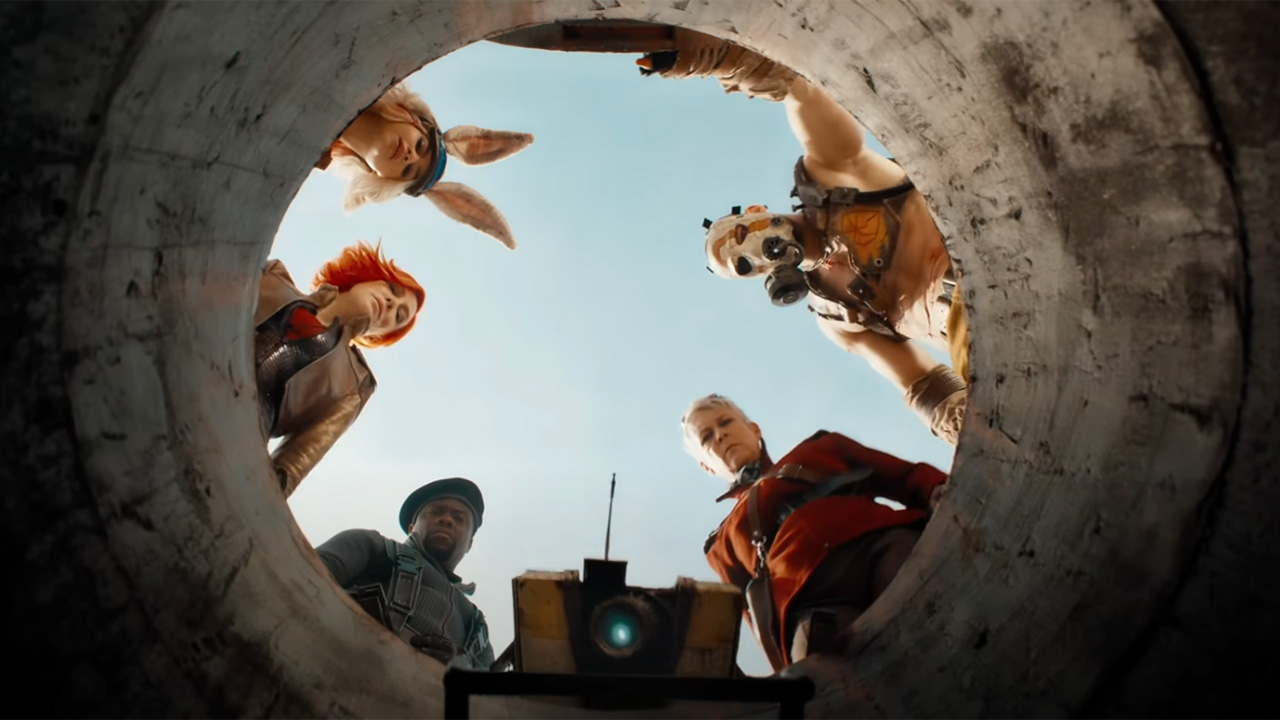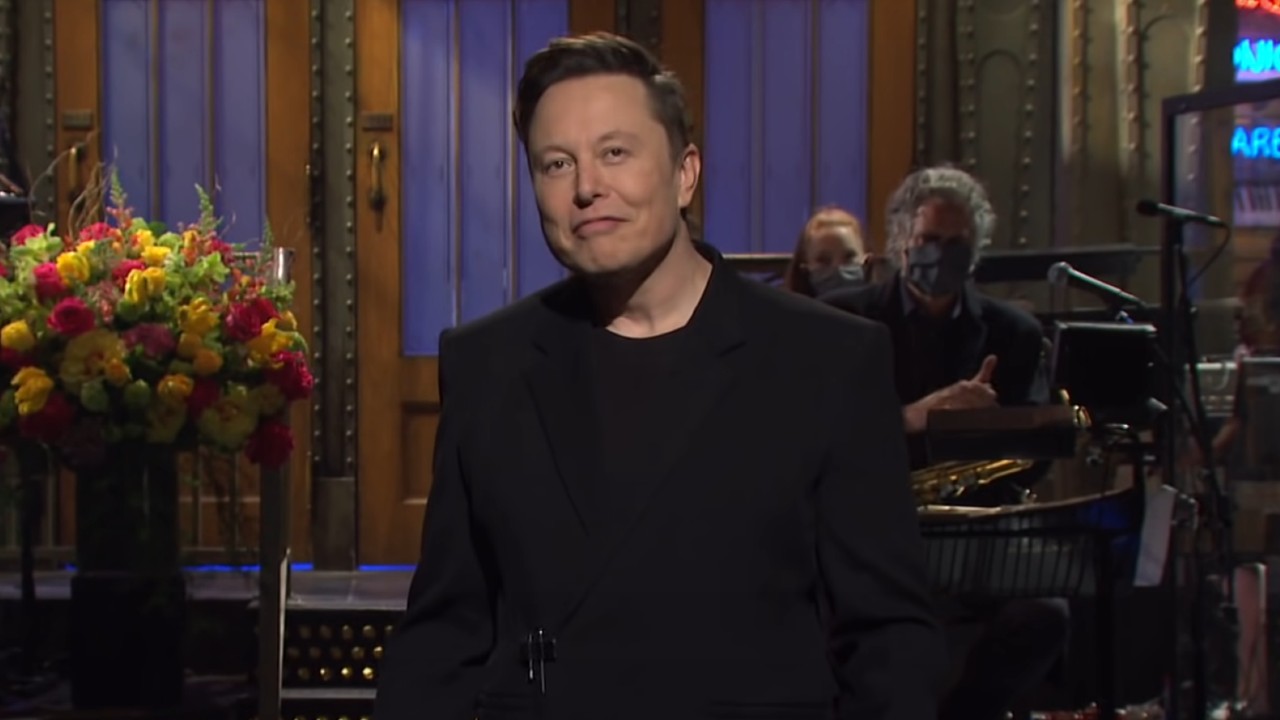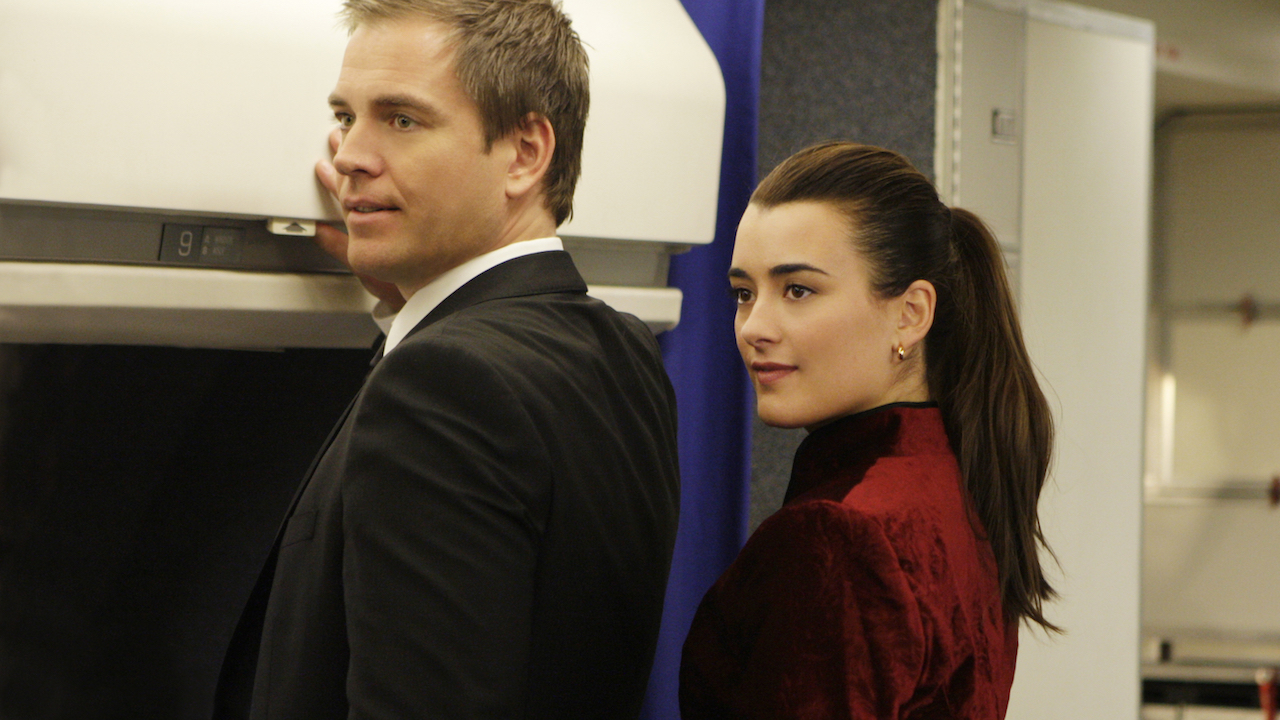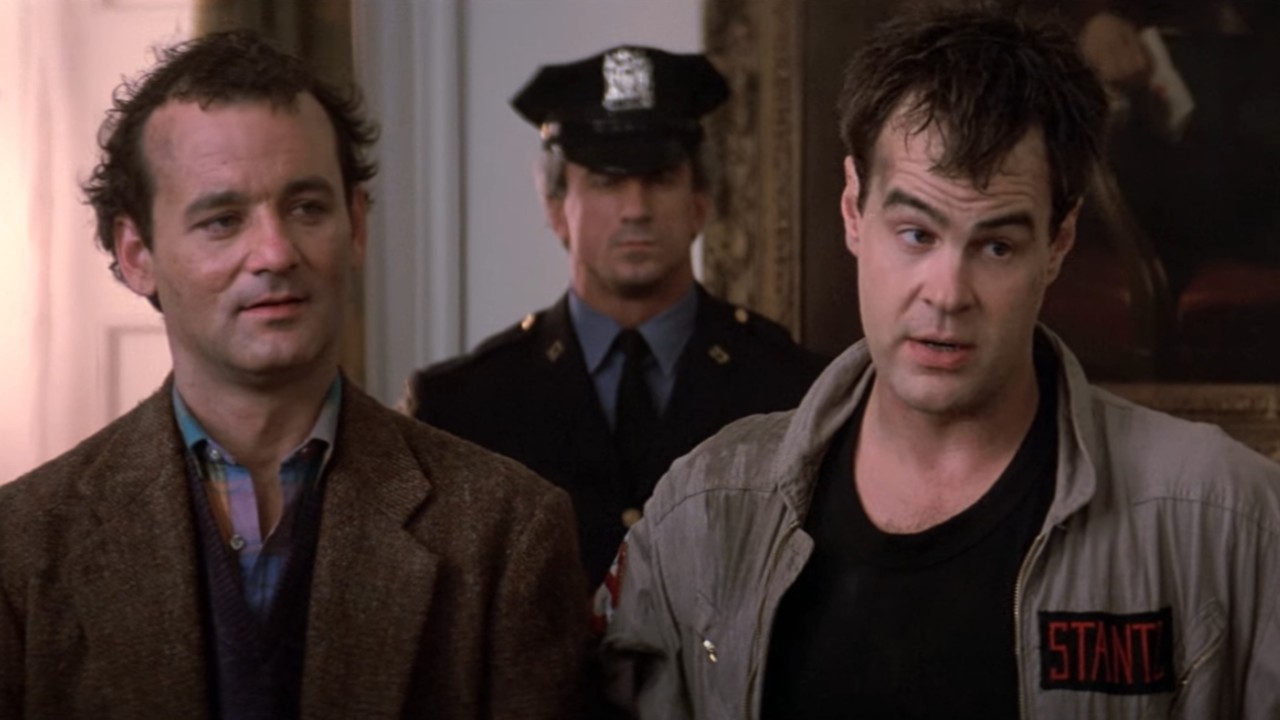Kingsman Influence: 6 Directors Who Inspire Matthew Vaughn
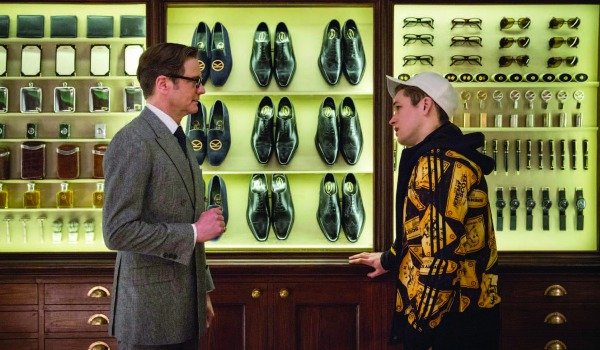
Anyone who has seen Kingsman: The Secret Service will know just how exhilarating and plain-old entertaining it is. Matthew Vaughn eschewed the modern trend of taking a mature approach to the blockbuster, and instead glittered it with over-the-top flair and visuals.
The acclaim and box office that Kingsman has received suggests that audiences have been pining to return to this trend, too. But Matthew Vaughn didn’t reinvent the wheel with Kingsman. Far from it. In fact, Vaughn’s inspiration and influences were blasted across the screen, and it speaks volumes that despite these obvious tips of the hat, Kingsman: The Secret Service still felt fresh and original.
But which directors clearly influenced Matthew Vaughn’s work on Kingsman: The Secret Service? Well, to start with, here are the six most obvious.
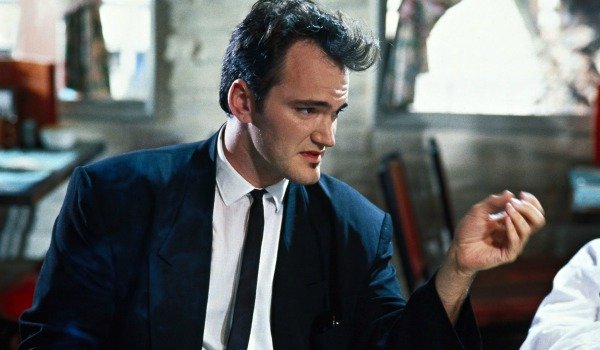
Quentin Tarantino’s influence on Matthew Vaughn has been apparent since Kick-Ass. However, while most impressionable filmmakers are influenced by the likes of Pulp Fiction and Reservoir Dogs from Tarantino’s oeuvre, Vaughn has instead taken inspiration from his latter work, especially Kill Bill, Inglorious Basterds and Django Unchained.
Like Tarantino, Vaughn is willing to push his on-screen violence to the extreme (which was obvious in Kingsman: The Secret Service as soon as Jack Davenport’s Lancelot was cut down the middle from head to toe). But, alongside his regular screenwriting partner Jane Goldman, he also likes to pepper his screenplay with profanity, which is used correctly and brings an edge and hipness to the proceedings.
But where Vaughn actually eclipses Tarantino is that he never loses focus of the film’s aim, which means he doesn’t stray into pretension or self-indulgence and keeps his films lean and well edited. Which is why he’s just like this other filmmaker …
CINEMABLEND NEWSLETTER
Your Daily Blend of Entertainment News
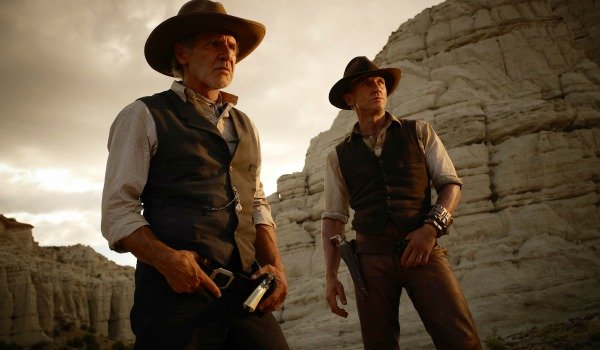
Jon Favreau isn’t regarded as one of Hollywood’s most prestigious filmmakers. This, despite the fact that his combined box office total is $1.7 billion from just seven films. However, this isn’t really a surprise. Favreau has long since left behind Swingers’ unique blending of character and cool in favor of more bombastic and mainstream material (bar Chef, of course). The inherent appeal of Elf, Zathura, Iron Man, Iron Man 2, Cowboys & Aliens and The Jungle Book (which is due out next year) were obvious, and something that Favreau clearly aims to exploit.
That’s nothing to be ashamed of, and Matthew Vaughn’s catalogue of work proves that he admires the same genre material, too. Layer Cake tapped into the appeal for British crime film, Stardust was a light-hearted fantasy romp for the entire family packed with a terrific ensemble that was alluring to a variety of demographics, both Kick-Ass and Kingsman were outlandish comic-book tales that already had a cult audience and X-Men: First Class was, well, X-Men.
Both directors are also able to walk the tight-rope of eking out the appeal of comic-book characters for a wider audience while also pleasing its fan-base. Something that is a lot harder to do than it looks. Just look at The Green Lantern and The Hulk's failures.
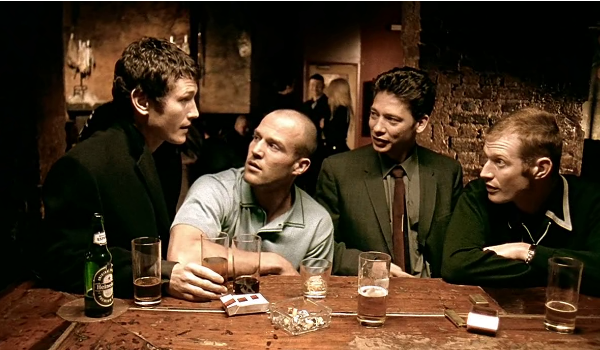
This one is less of a surprise. After all, Matthew Vaughn did produce Guy Ritchie’s Lock, Stock and Two Smoking Barrels, Snatch, and Swept Away. In fact, Ritchie was supposed to direct Layer Cake. But when he dropped out, Matthew Vaughn stepped up and, in the process, forged quite the career for himself.
However, while Vaughn is yet to suffer the career blip that Ritchie went through, there’s no denying the fact that Ritchie’s approach and style has influenced his former producer’s direction. But in what ways? First of is just how uniquely English both their pictures are. They both like to fill the screen with GB iconography while also tapping into the class system that has summed up the country for generations, but with a modern edge. All of which always seems to appeal to US audiences.
Meanwhile, like Ritchie’s films (especially Rock N Rolla, Snatch and Lock, Stock) in Kingsman Vaughn utilizes a carefully constructed soundtrack to engross and hypnotize his audience, while he also stylizes his action scenes with over-the-top stunts and explosions, and they fizzle with a kinetic energy that was prevalent in Ritchie’s Sherlock Holmes films, as well.
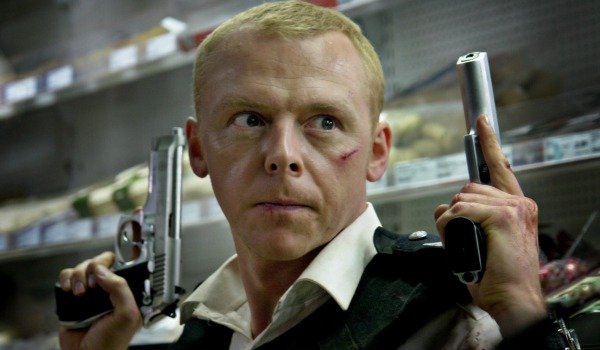
Matthew Vaughn’s connection to Edgar Wright might not be as blatantly obvious as his link to Ritchie, but there are certainly similarities between the filmmakers.
Like Wright, Vaughn’s action scenes unfold meticulously, and every split-second seems to have been choreographed to perfection. Vaughn isn’t afraid to let the camera do its job, and he goes out of his way to avoid the atypical Hollywood action setup.
But it doesn’t stop there. Both Wright and Vaughn love to pepper their movies with meta-references and in jokes to cinema, and to play with audiences’ expectations. Whether it’s the characters in Hot Fuzz watching Point Break or concluding by completing the seldom seen paper-work that police officers have to complete, or the repeated declaration in Kingsman: The Secret Service that "this isn’t that kind of movie," both Wright and Vaughn love to tease their viewers.
It’s just a shame that Wright never got the chance to make his own comic-book movie because then there could have been even more comparisons.
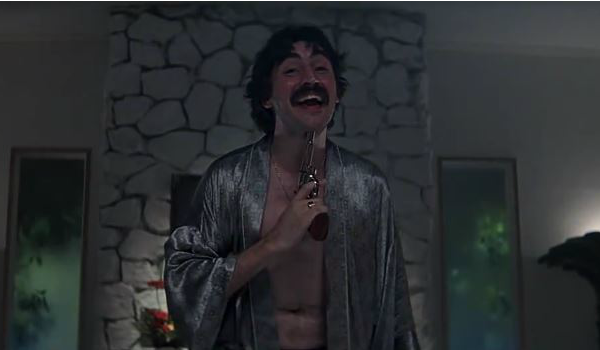
Paul Thomas Anderson
I can already hear the naysayers gathering, and I’m fully aware that this is going to need some explanation. There were two specific moments in Kingsman: The Secret Service where I thought I could see the influence of Paul Thomas Anderson, and they both unfolded in the film’s last act.
Eggsy’s tussle with Gazelle was punctuated with falling debris, the sound of which only helped to increase the tension, just like when the drug-addled Alfred Molina danced along to "Sister Christian" and Rick Springfield while negotiating a cocaine deal in front of Mark Wahlberg, Tom Jane and John C. Reilly as Molina’s pal threw firecrackers on the floor in Boogie Nights.
Not buying it? How about Kingsman's final shot (more of which in the next slide), which was famously of Princess Tilde’s rear-end. This explicitness is only matched by the final scene in The Master; which depicts Joaquin Phoenix having sex in England and asking his partner to help get their exploits started again. Both are borderline perverted, and are quite obviously the directors making a joke at the audiences’ expense.
Or maybe it’s just me. I'd love to know what Vaughn thinks...
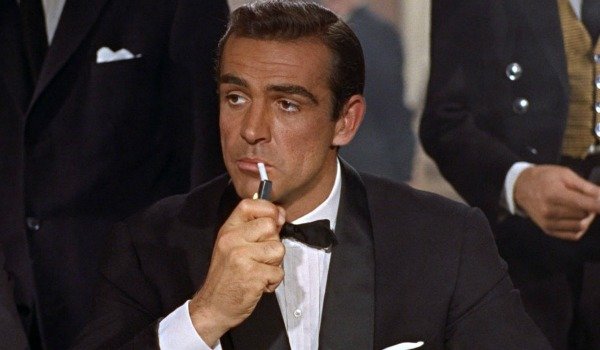
Every James Bond Director
From Kingsman: The Secret Service’s poster campaign to the underground base that first appeared in Die Another Day the nods and tips to the James Bond franchise are littered throughout the film.
Valentine’s lair is also remarkably similar to Blofeld’s in You Only Live Twice, while Kingsman’s shoes even come with their own knives like SPECTRE’s in From Russia With Love but it’s the final scene that Vaughn has insisted pays the biggest debt to 007.
Speaking to Entertainment Weekly, he insisted that Princess Tilde’s decision to reward Eggsy with anal sex was his tip of the hat to Moonraker and The Spy Who Loved Me’s final lines of "Bond is attempting re-entry" and "keeping the British end up," respectively.
In fact, despite criticism from feminists to the contrary, Vaughn believes that this scene is empowering to women because it turns the joke on its head.
I’ll leave you to make up your own mind about whether he’s right or not.

